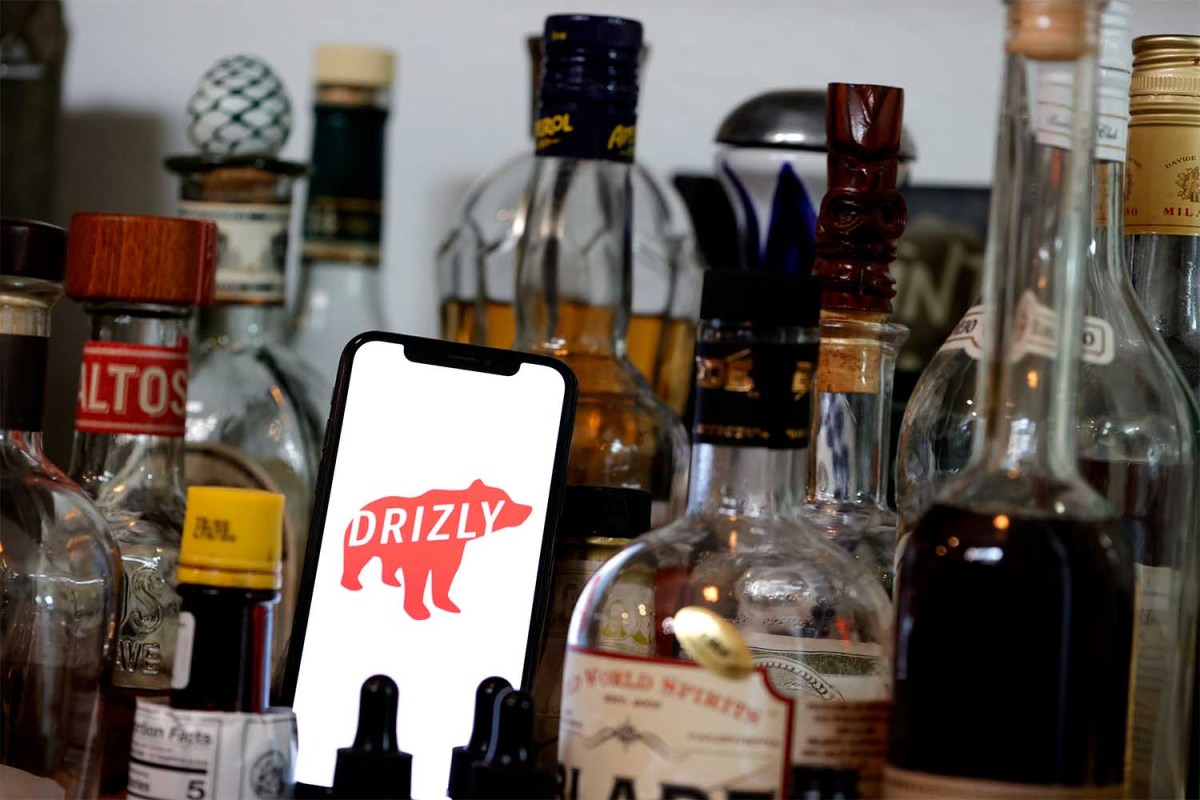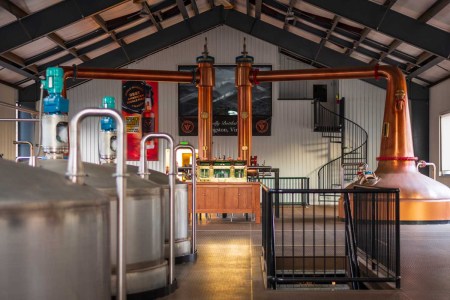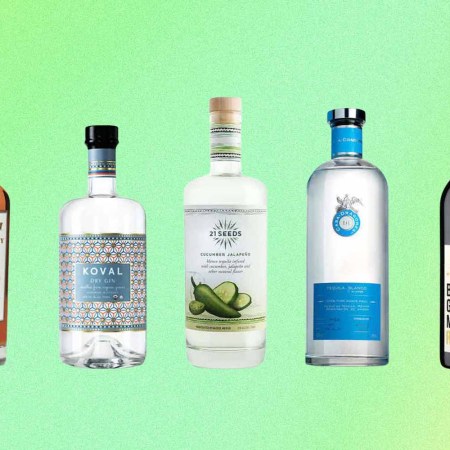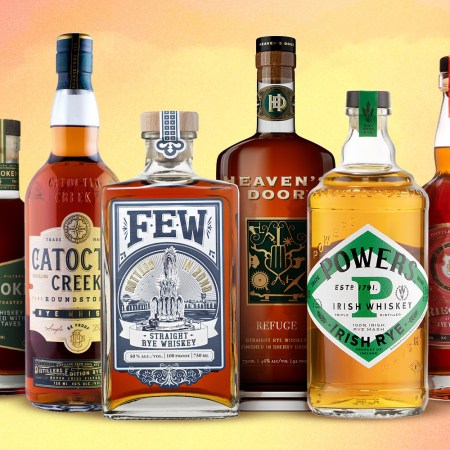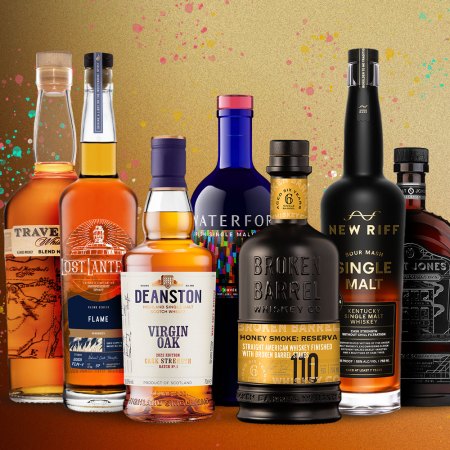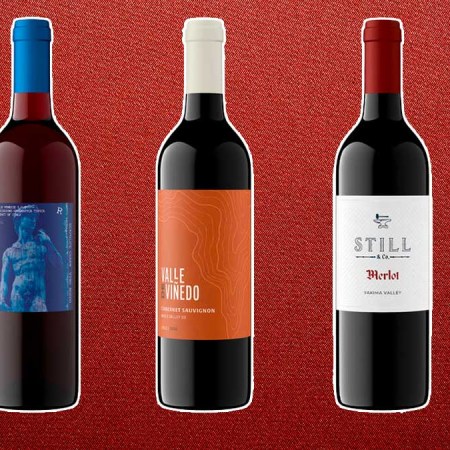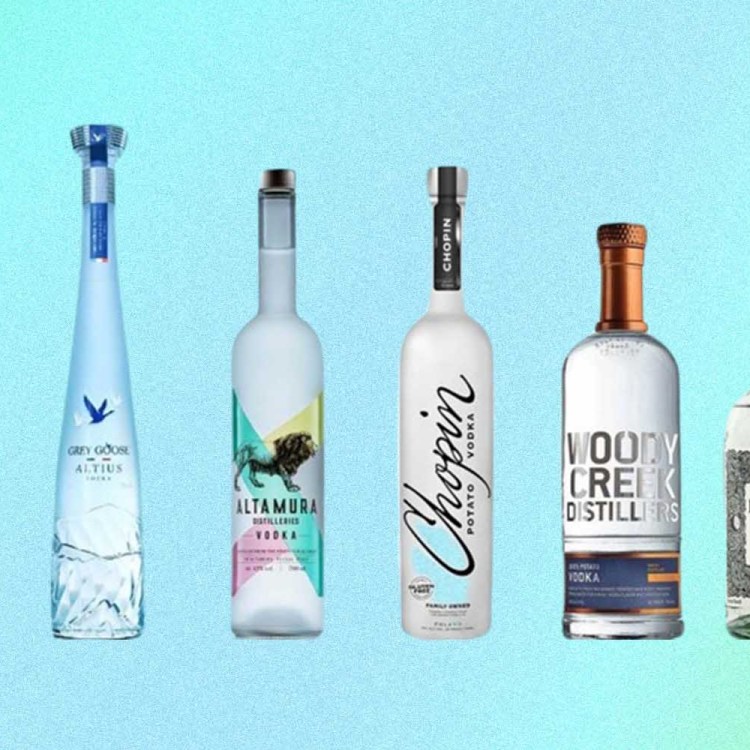Uber is shutting down Drizly in March, even though the company spent $1.1 billion to purchase the alcohol delivery service just three years ago.
“The dinosaurs. Malt liquor with caffeine in it. Drizly. Turns out, it’s true what they say…all good things must come to an end,” the Drizly team wrote on Instagram. “We wanted you to hear it from us: we’re closing Drizly.” The brand went on to note that orders would still be going through March and that Uber Eats was available as an alternative.
And maybe that’s the problem. A moderate success story once Covid hit, Drizly’s usefulness to the everyday consumer has eroded with the expansion of delivery platforms. Want alcohol now? There’s Saucey. Want alcohol now and maybe a sandwich and mixers from other stores? Hello, Uber Eats and Delivery.com. Looking for something special/rare or don’t need the booze right away? Take your pick between The Whisky Exchange, Sip Tequila, Total Wine, ReserveBar, Flaviar, Frootbat and more. And much like the restaurant world and delivery options, there’s a good chance the liquor store you like has its own app or website (or, obviously, phone), and it’s probably cheaper to contact them directly.
How to Buy Craft Spirits Online — And Why It’s More Important Than Ever That You Do
Smaller distillers need help. You need booze. Let’s make this work.That said, it is rare for a company that’s synonymous with a specific consumer behavior to shut down so quickly. While certainly not the same in scope or size, Drizly was to alcohol delivery as Spotify is to music streaming, Netflix is to binge-watching and, well, Uber is to shared rides. There are plenty of competitors, but Drizly occupied the shorthand or conversational way to discuss boozy e-commerce.
Some hints on the shutdown can be found from Uber itself. “After three years of Drizly operating independently within the Uber family, we’ve decided to close the business and focus on our core Uber Eats strategy of helping consumers get almost anything — from food to groceries to alcohol — all on a single app,” Pierre-Dimitri Gore-Coty, Uber’s SVP of delivery, told Axios.
Axios suggests that other issues might have been in play for the closure. Drizly was hacked back in 2020, and the company confirmed around 2.5 million customers had their information exposed (and the company had been aware of the security flaw well before that happened). After that incident, the Federal Trade Commission took action against the service, requiring Drizly to destroy unnecessary consumer data while restricting future data collection and retention and binding their CEO to specific data security requirements.
As well, Drizly didn’t actually hire or contract its delivery workers — it was simply the back-end tech. In that way, it was unlike Uber, Instacart of other services that actually have a direct (albeit part-time) workforce.
Reactions from consumers and industry folks were a mix of sadness and appreciation. “Thank you for great service. You guys legit got me through the worst of the pandemic and then some,” one user wrote on IG. Another user on X/Twitter noted that it seemed to be a case of “textbook killer acquisition” (suggesting Uber’s purchase may have been simply to take over and own the alcohol delivery space).
Still, some business owners had a more nuanced view of the app’s legacy. “As Drizly’s launch partner for the state of Washington, we saw the evolution of the business from start to acquisition to closure,” Marques Warren, owner of Downtown Spirits and Esquin Wine & Spirits in Seattle, told us in an email. “As they shifted from a single store model per market, they shifted to a marketplace model which was an inevitable race to the bottom. Moreover, as a fee-based technology service, that price war mentality left less and less margin for their retail partners to work with to provide an improved service-focused experience. Ultimately, the technology that they created was great, but had low barriers to entry. There was a lack of loyalty to the small business that has allowed other market players to enter the space.”
On a selfish note, one thing this writer will miss about Drizly is the company’s analytics — the company published some valuable year-end reports that helped showcase and predict industry trends. One they didn’t predict, apparently, was the company’s own demise.
Join America's Fastest Growing Spirits Newsletter THE SPILL. Unlock all the reviews, recipes and revelry — and get 15% off award-winning La Tierra de Acre Mezcal.
